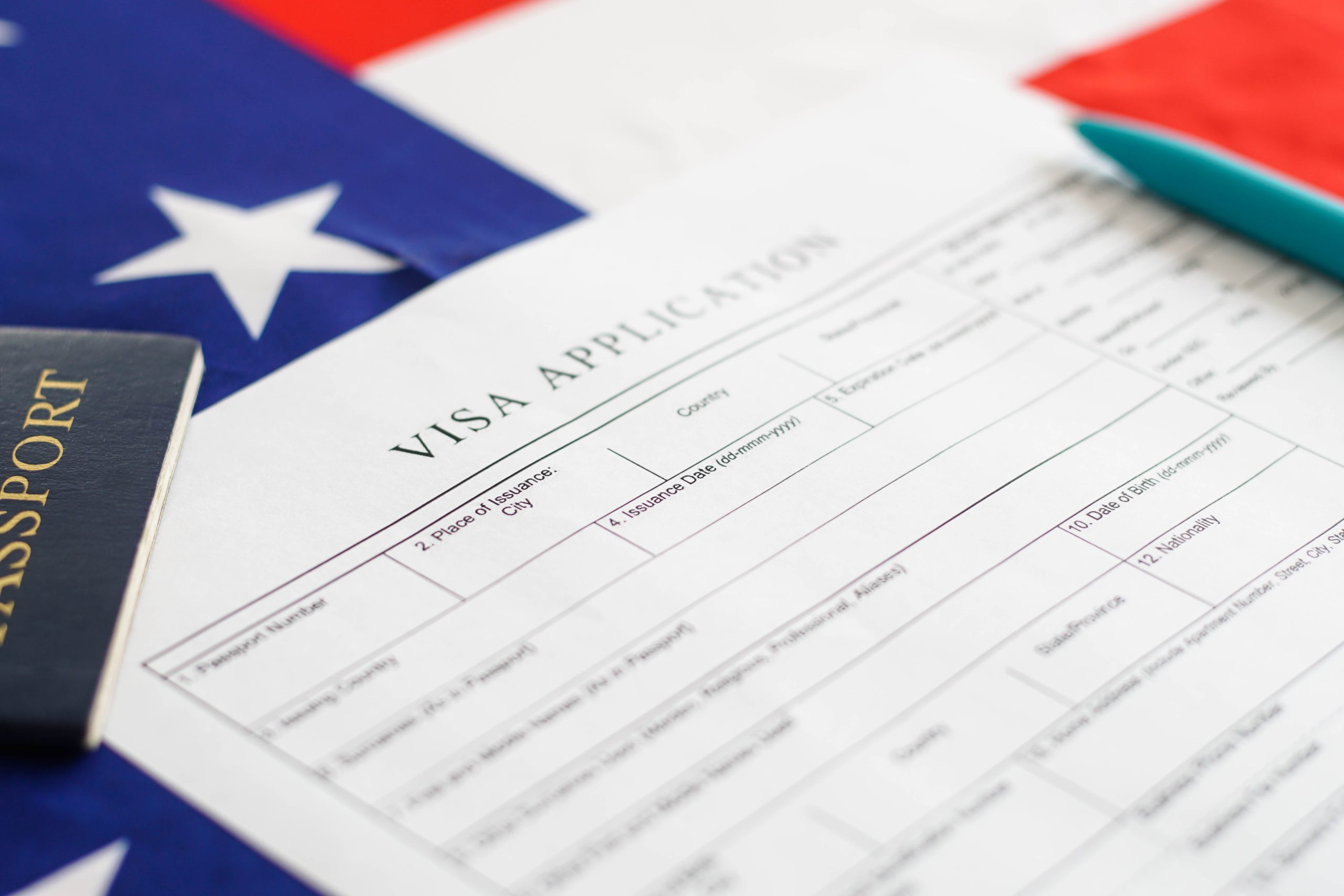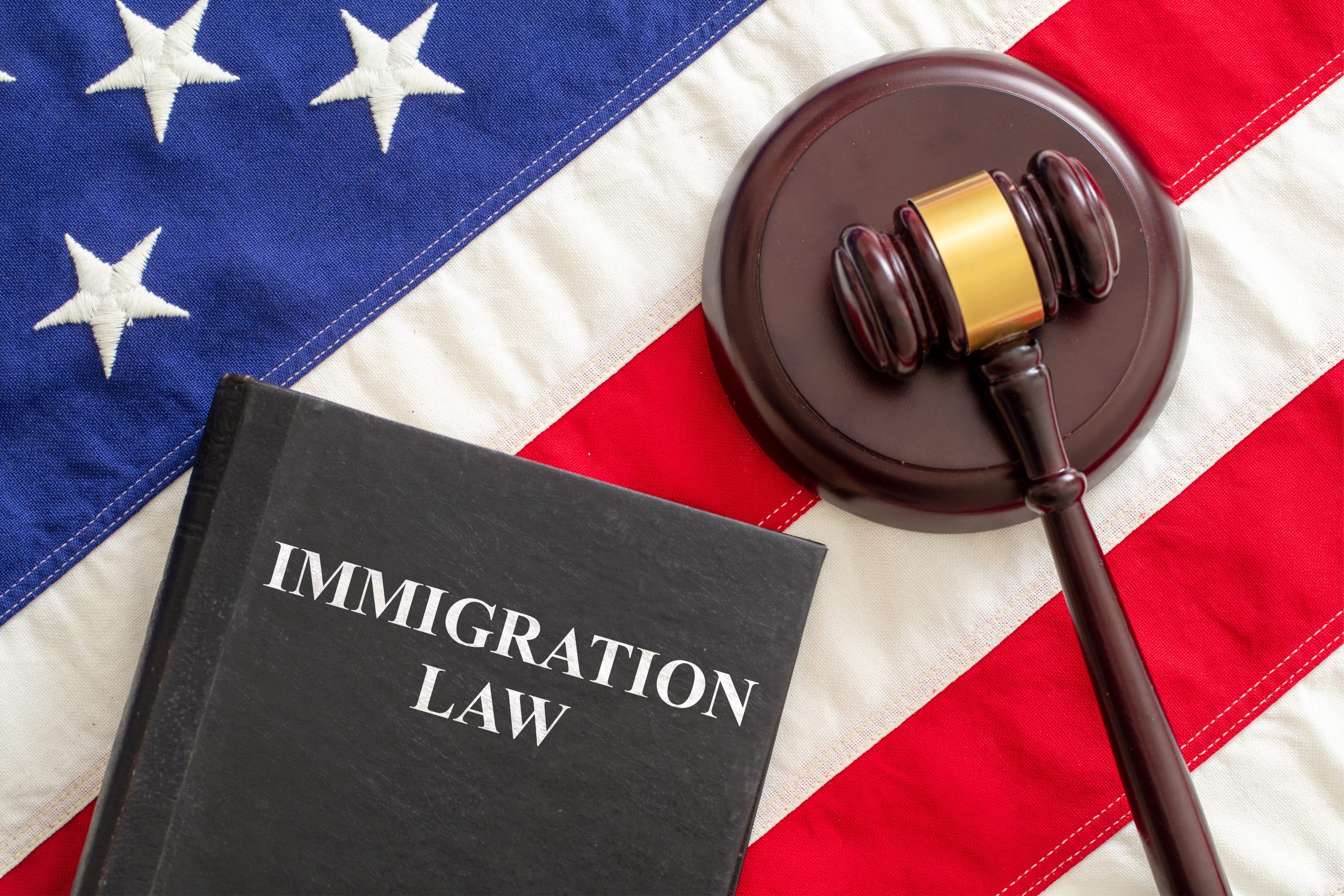What We Do
Immigration Services
- (347) 618-8747
What services do we provide?
- US Immigration law provides protection for individuals fleeing persecution in their home country.
- Asylum is a legal protection provided by US immigration law to a person who can demonstrate a “well-founded fear of persecution” based on race, religion, nationality, political opinion, or membership in a particular social group. You must file your application for asylum within one year of entering the United States, unless there are a change of circumstance after the one year deadline or there are extraordinary circumstances that caused the delay. A grant in asylum will allow certain family members to receive asylee status. You and your family members can apply for your legal permanent residence and subsequently citizenship.
- Withholding of Removal, like asylum is based on a well-founded fear of persecution. Witholding of Removal does not have a one-year filing deadline. However, there is a higher burden of proof than with asylum. Unlike with Asylum, Witholding of Removal does not allow you to petition for your family members nor allow you to apply for permanent residence and citizenship. A grant of Witholding of Removal is a removal order that the government has withheld, and will not enforce against you. It allows you remain in the United States with work authorization.
- SIJ is a program that allows minors who have been abused, neglected or abandoned by one of their parents to remain in the US and obtain permanent residence.
- In New York, the minor must be 21 years old or younger. A state court in the United States must:
- declare that you are a dependent of the court or to legally place you with a state agency, a private agency, or a private person and
- It is not in your best interests to return to your home country (or the country you last lived in) and
- You cannot be reunited with ONE of your parents because of one of more of the following:
- Abuse
- Abandonment
- Neglect
- Similar reason under state law
- Non- Citizens, including permanent residents can be ordered deported or removed from the United States for various immigration violations. Removal defense is extensive and complex. Forms of relief available vary drastically depending upon your immigration history. It is critical to consult with an experienced Immigration Attorney if you are placed in removal proceedings! There are various waivers and forms of relief available to individuals in removal proceedings.
- If you do not have any status there are forms of relief available to you such as asylum, cancellation of removal, family based petitions and more.
- If you are a permanent resident you can be placed in removal proceeding if you committed fraud or commit fraud to obtain an immigration benefit. Certain criminal convictions can result in a permanent resident being placed in removal proceedings, as well. There are waivers available to pardon certain criminal convictions and fraud. Waivers involving criminal convictions and fraud are extremely complicated. It is critical to have an experienced immigration attorney, preferably working with your criminal attorney even before a plea is entered.
- Cancellation of Removal is a form of relief available to individuals in removal proceedings. There is LPR Cancellation of Removal with one set of requirements for permanent residents placed in removal proceedings and non LPR Cancellation of Removal commonly referred to as the year case with another set of requirements.
- The requirements for NON LPR Cancellation of Removal are:
- 10 years of physical presence in the United States and
- 10 years of good moral character and
iii. You have a spouse, parent or child (under 21 years old) who is a either legal permanent resident or citizen who will suffer exception and extremely unusual hardship if you are ordered removed from the United States. - There are certain criminal convictions will disqualifying your from applying.
- US Immigration law allows US Citizens and US permanent Residents to Sponsor close family members to obtain permanent residence. US immigration divides family applications into two groups 1) immediate relatives and 2) Preference based categories.
- Immediate Relatives include:
- spouses of US citizens,
- parents of US citizens at least 21 years of age, and
- the children of US citizens where the child is under the age of 21.
- Immediate Relatives have an unlimited number of green cards. Immediate relatives who entered the US legally can apply to have their green card applications adjudicated in the US rather than having to go abroad, even if there are many years of unlawful presence.
- Preference based categories include:
- Unmarried sons and daughters of US Citizens
- Spouses and children (under 21) of Permanent Residents
- Unmarried sons and daughters (Over 21) or Permanent Residents
- Married sons and daughters of US Citizens
- Brother and sisters of US citizens
- Preference based categories have a limited number of green cards available per year. It has resulted into a long waiting period that stretches into many years.
- Prior immigration violations such as unlawful presence, fraud or a deport order can impact your eligibility. However, often there are waivers available to remedy a prior immigration violation. It is critical to consult with an experienced immigration attorney.
- K1Visas permit the fiancé(e) of a U.S. Citizen to travel to the United States to marry and then pursue Adjustment of Status.
- Prior immigration violations such as unlawful presence, deportation order and fraud impact an individuals’ eligibility for a visa. Unlawful presence and fraud are a common obstacle to legal immigration for most applicants.
- Unlawful presence (601A Waiver): Unlawful is presence is residing in the US without status. There are exception that stop the accrual of unlawful presence without necessarily providing status to a individual. Generally, if you have been unlawfully present in the US more than 6 months upon departure your trigger a 3-year-bar for re-entry and if you have more than 1 year of unlawful presence your will trigger a 10-years bar to rentry. The law often requires the you leave the US to get legal status at the US embassy in your home country. For example if you marry a US citizen and entered through the border you will be required to leave the United States to get legal status through your spouse. You will require the grant of an Unlawful presence (601-A) waiver, based on hardship to a qualifying relative who is a parent or spouse. You will receive an approval before you depart.
- Fraud Waiver (601 waiver): False statements or fraudulent documents in your immigration history can result in a finding of visa fraud. There is a fraud waiver (601 waiver) available to remedy some immigration fraud. It is based on hardship to a parent or spouse who is a US citizen or permanent resident. This is different than a fraud waiver if you are a permanent resident and placed in removal proceedings.
- Prior deportations- In some cases it is possible to apply for a waiver to pardon a deportation order, or apply for a motion to reopen and lift it.
Deferred Action for Childhood Arrivals (DACA)
Temporary Protected Status
Toggle Content
Generally following requirements must be met:
- In general permanent Residency for at least 5 years with the exception of 3 years if your green card is based on spouse of U.S citizen and you remain married or 4 years if your green card is based on your asylee states.
- Continuous physical presence
- Maintained good moral character
Everyone issued a conditional green card must file Form I-751 before the 2-year anniversary of their green card’s approval. Normally, the conditional-resident spouse and the spouse who originally sponsored their green card must file Form I-751 jointly. However, if that isn’t possible then the conditional resident can file based on a waivers such as divorce and abuse.
- U VISA : The U nonimmigrant status (U visa) is set aside for victims of certain crimes who have suffered mental or physical abuse and are helpful to law enforcement or government officials in the investigation or prosecution of criminal activity. There can be indirect victims.
- VAWA: Allows an abused spouse or child of a US citizen or permanent resident or an abused parent of a US citizen to obtain lawful status in the United States.
- T-VISA: Human trafficking survivors may be eligible for lawful status and permanent residency.
- I-751 based on an abuse waiver: The abuse based waiver is set aside for conditional residents that are victim of mental or physical abuse and cannot file for a joint I-751.
Application for Employment Authorization




